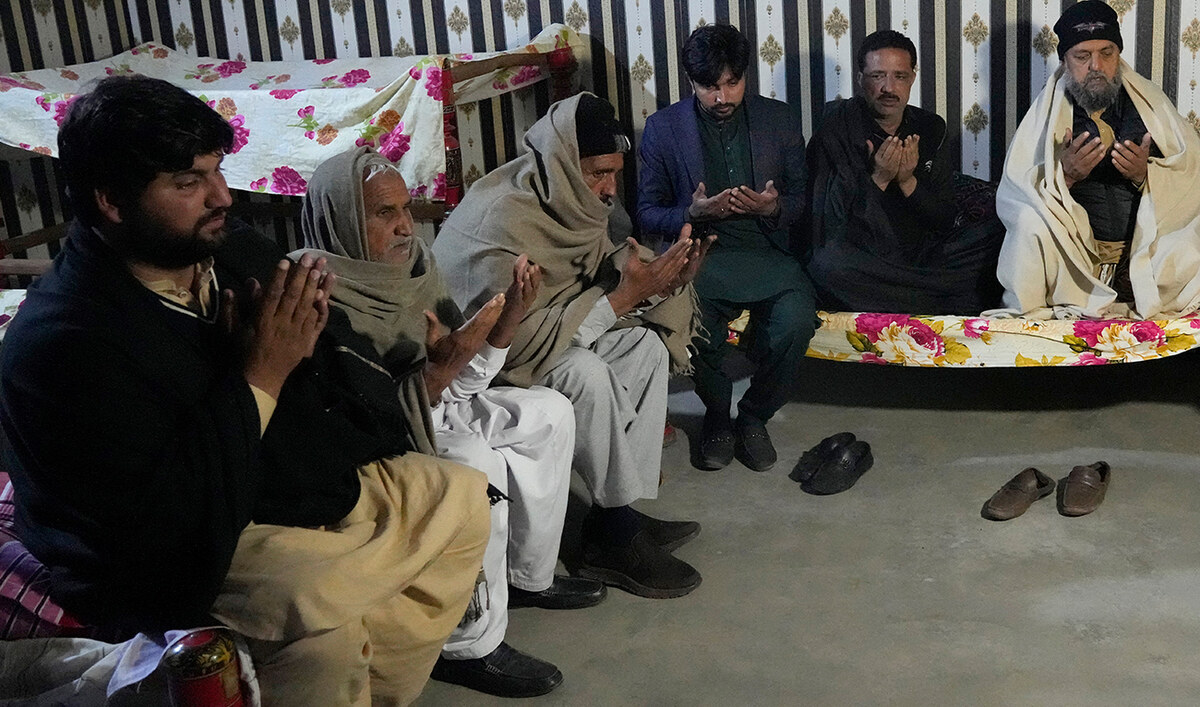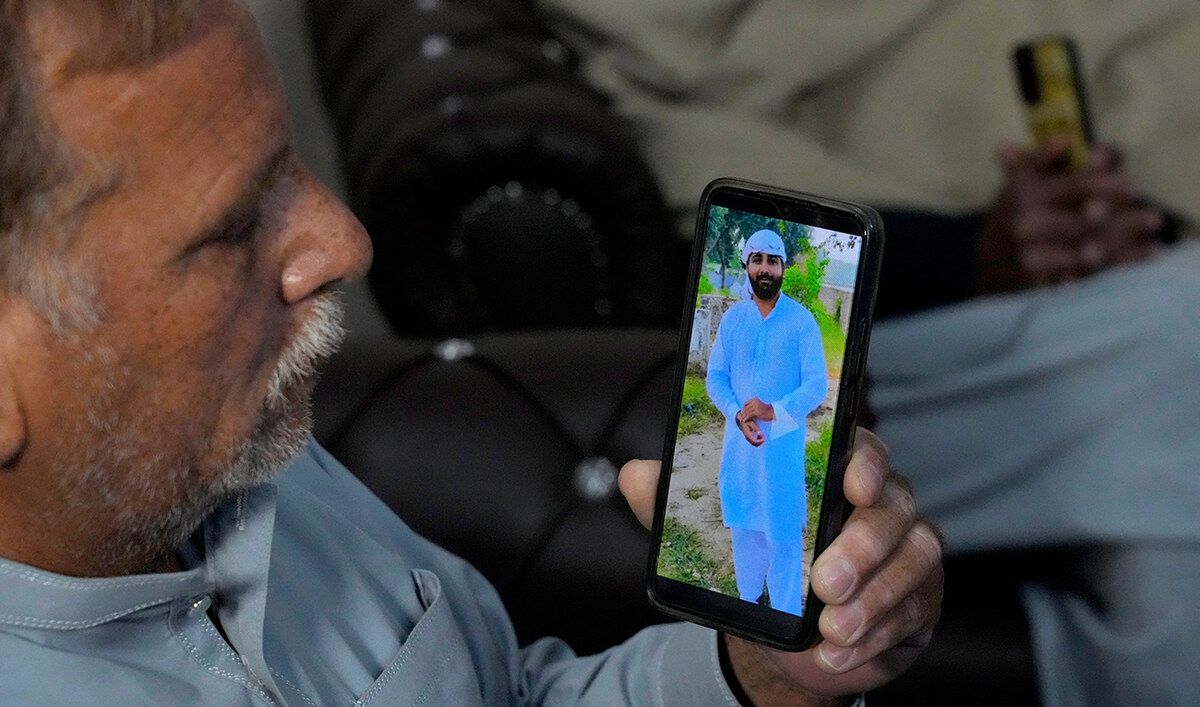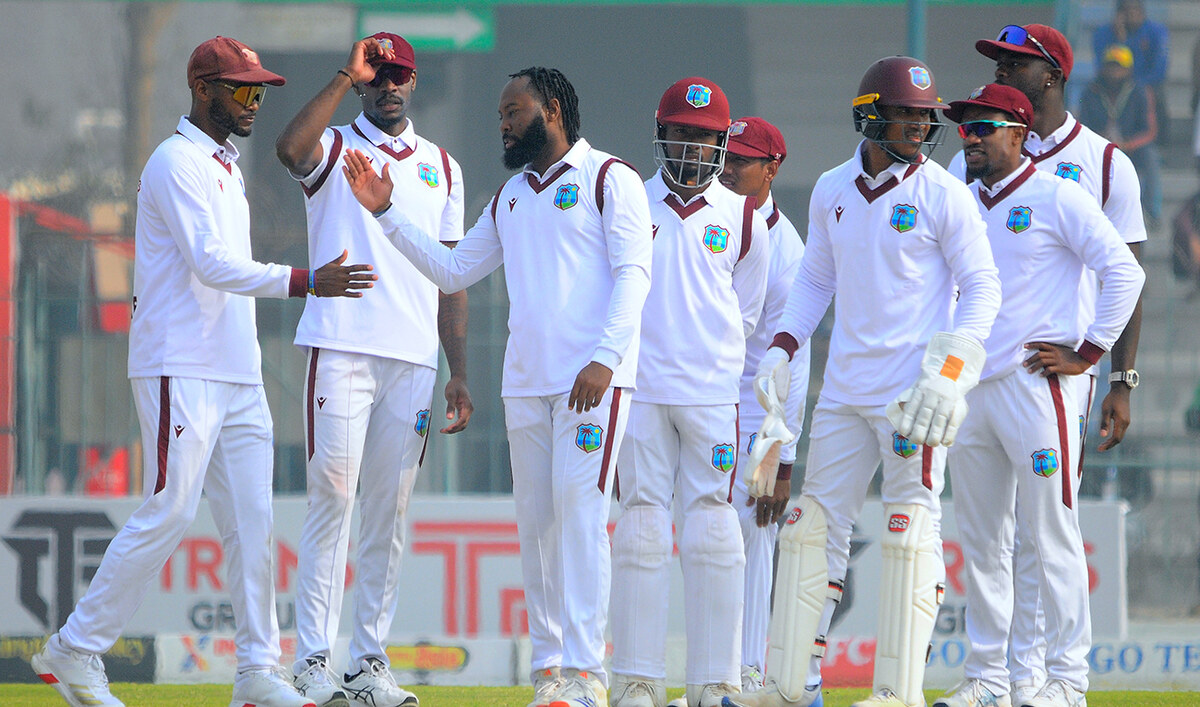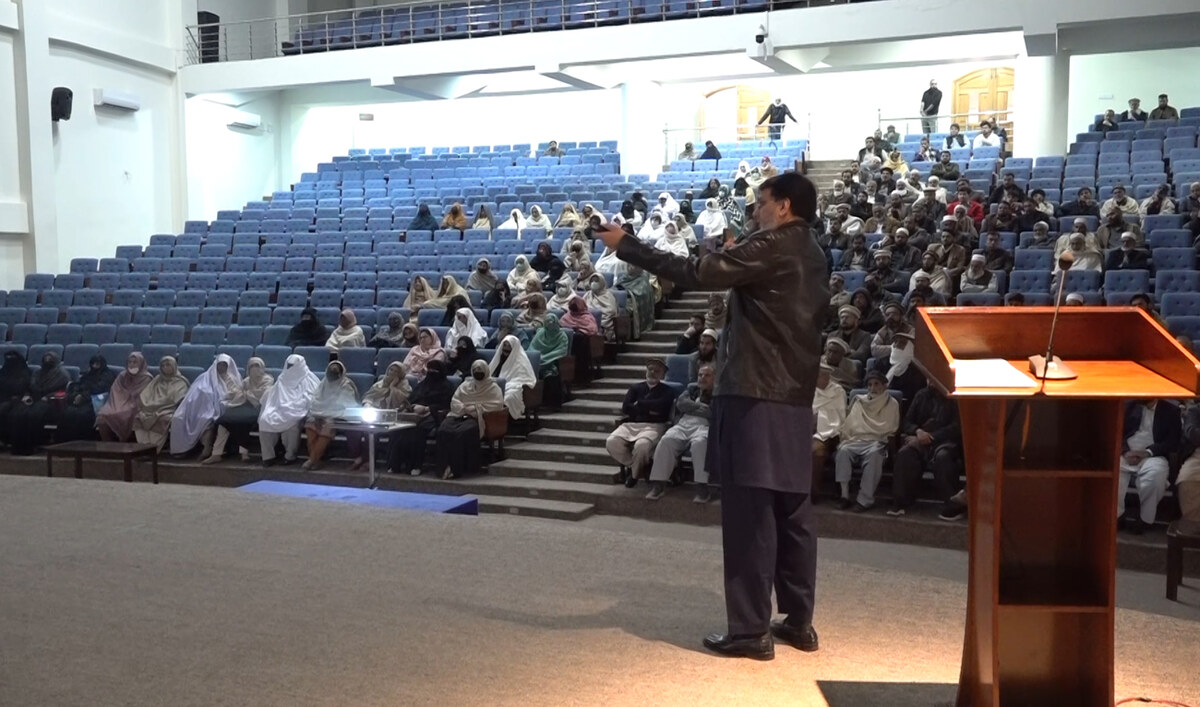KARACHI: Pakistan announced on Saturday that sea travel would soon resume to Jeddah for Hajj and Umrah pilgrims, 26 years after the last ship full of pilgrims sailed from the Karachi port-- bringing back fond memories for some.
In 1994, the MV Shams was the last ship that carried pilgrims to Saudi Arabia for Hajj, amid a boom in air travel that rendered sea trips almost defunct.
But Pakistan’s federal minister for maritime affairs, Ali Haider Zaidi told Arab News his government has opened the maritime frontiers of Pakistan for sea travel, and would soon resume the ferry service for Hajj and Umrah pilgrims.
“I’m going to start the service for pilgrimage and different destinations of the world, very soon,” Zaidi said.
The policy was approved by the cabinet in September this year, and the minister said he would soon be inviting the private sector to begin ferry services.
Zaidi said the defense ministry had issued the required No Objection Certificate (NOC) for ferry services to resume, and immigration, customs and other desks-- all required for international travel-- were being set up at the Karachi port in the country’s bustling southern metropolis.
“We will soon see sea travelling to different destinations including Saudi Arabia and Iraq,” the minister said.
For those who journeyed years ago on one of three ships that sailed for Saudi Arabia until the 90’s-- the Safina Arab, Safina Hujjaj and MV Shams-- Pakistan’s latest announcement brings back memories of a week of journeying on the open water towards Makkah.
“My first journey [to Makkah] was via the sea,” Karachi fisherman Muhammad Ramzan, 90, who travelled by sea for Hajj in 1974, told Arab News.
“I went from Karachi on board Safina Arab. I bought a ticket for Rs. 6000. In air travel, it doesn't take much time. One reaches within three hours. But in those days one would remain at sea for seven days and seven nights before reaching (Jeddah),” he said.
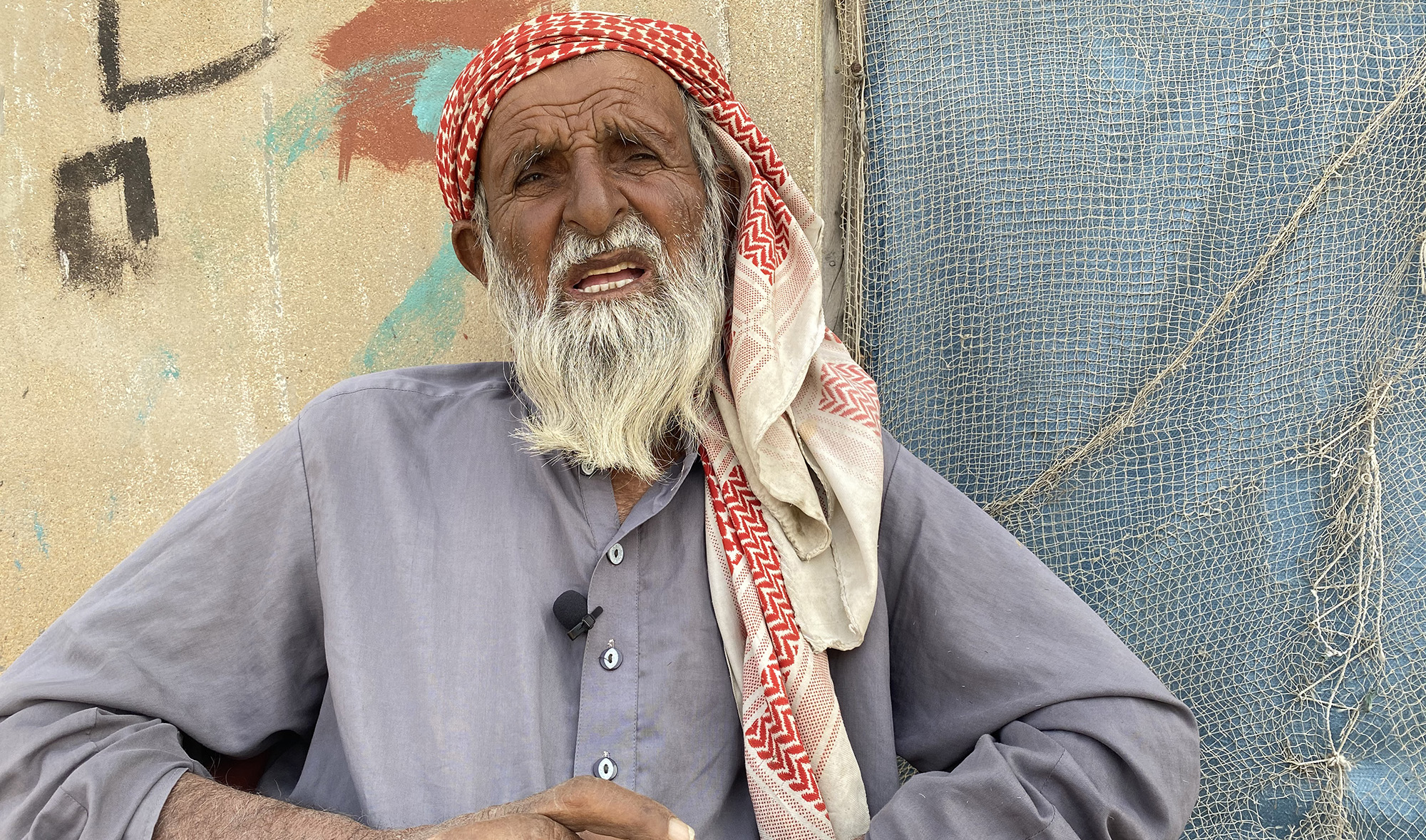
Haji Muhammad Ramzan, a 90 years old fisherman at Karachi's Chashma Goth, speaks to Arab News about his Hajj journey through sea in 1974 on Nov. 13, 2020. (AN photo)
Ramzan said he took his food rations with him and would cook meals for himself and his colleagues.
“One would get everything on the ship. They would give us food, and prayers would be offered collectively. I would roam the ship like I roam freely here in the city,” he said.
Over two million Muslims from around the world make the journey to Makkah to perform the mandatory Hajj every year, with Pakistanis forming one of the largest nationalities at the holy pilgrimage.
The first ship to set sail from the South Asian, Muslim majority country for Jeddah left in 1952 and the Hajj sea service continued in full swing till the late 70’s.
In recent years, different governments have strived to revive the service but plans have so far failed to materialize.
Muhammad Saleem Qureshi, 66, a Karachi-based businessman, took the journey to Jeddah via the Safina Hujjaj in 1974, newly married and 20 years old.
“When we started our journey, I was unwell for an hour but as time passed and I woke up the next morning... it was the most beautiful morning of my life,” he said.
“I still remember the twilight. The sun was rising and its rays on the sea made it an amazing scene.”
“It cannot be explained in words,” he said, and recalled Eid celebrations on the ship on the way home.
“It was strange that we had our Eid on the sea,” he said. “The sailors served us vermicelli with our meals and we greeted each other in the spirit of Eid.”
For veteran Hajj officials in Karachi, the memories of a camp full of thousands of Hajj pilgrims is laced with nostalgia.
“Here, would be a great and pleasant scene,” Rehan Shafiq, a Hajj official at Karachi’s Hajji camp told Arab News.
“Pilgrims from different provinces and districts would come and be together, eat their meals together and live like one family,” he said, gesturing at the deserted camp.
“Here, they would be trained for their great Hajj journey.”






